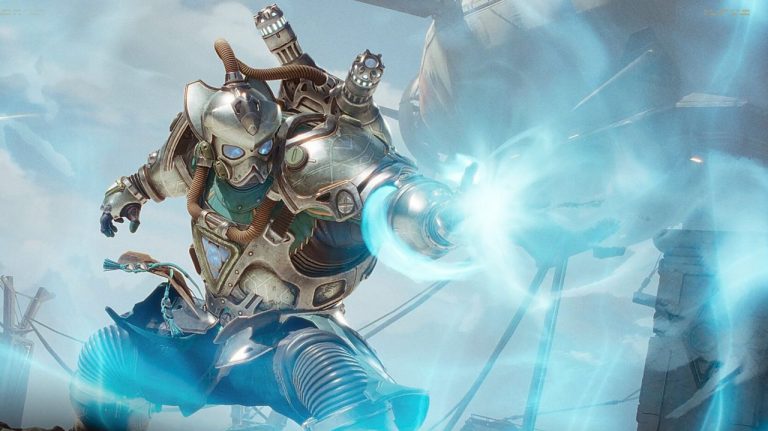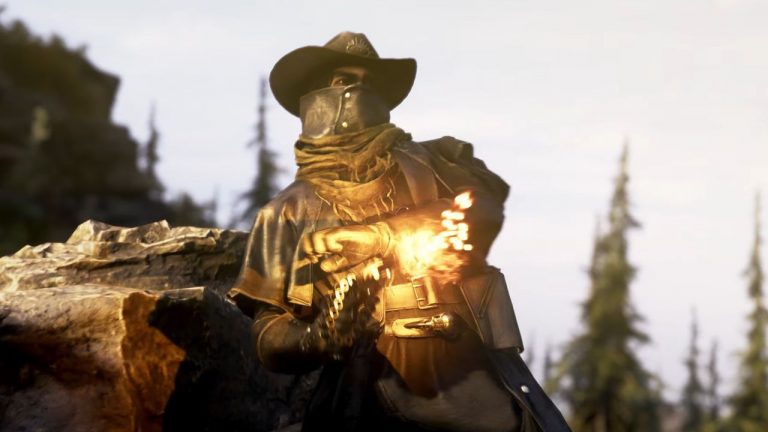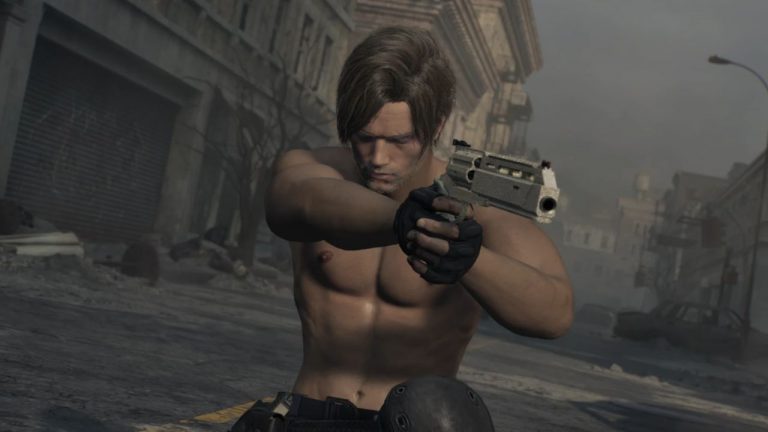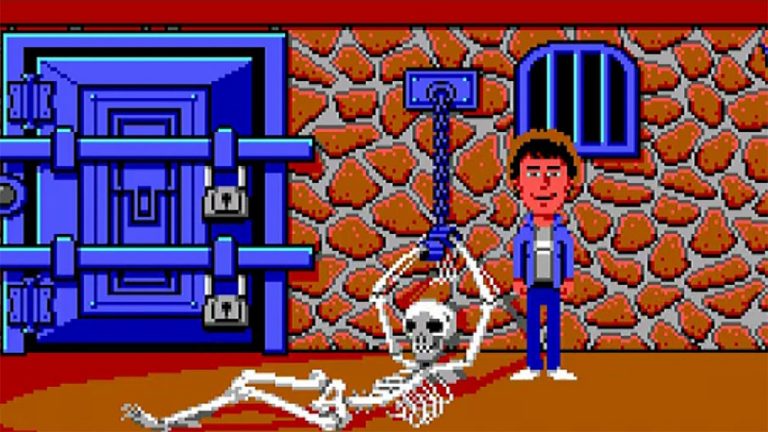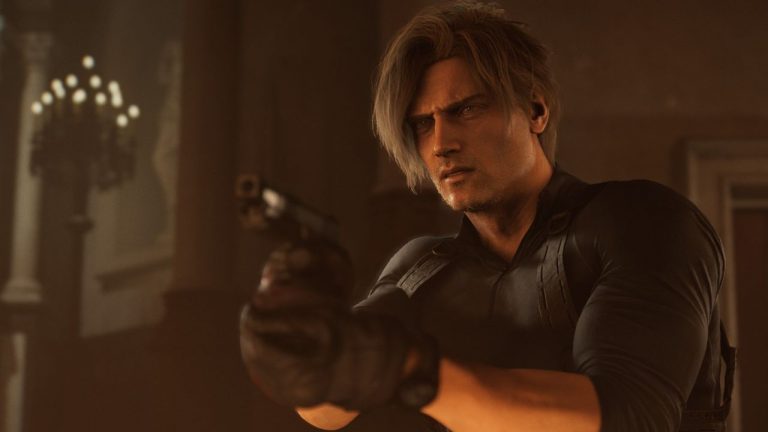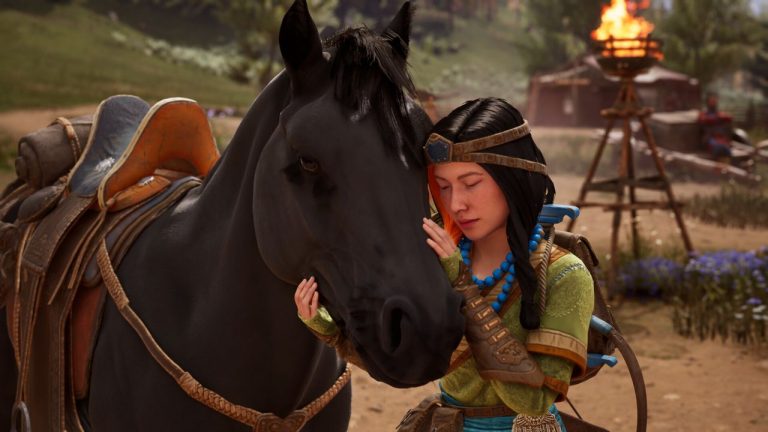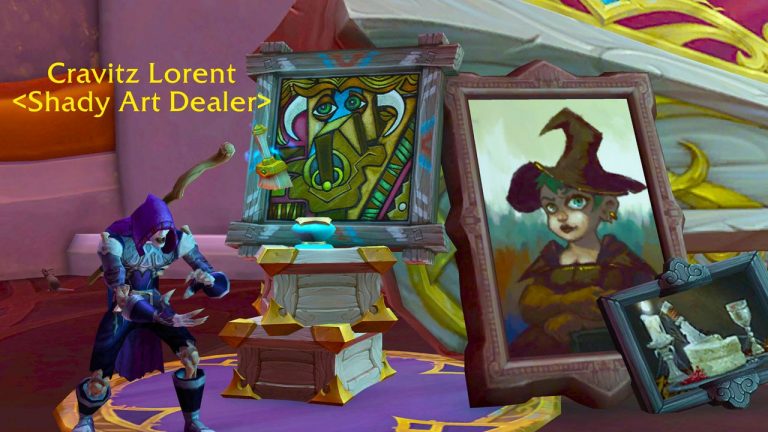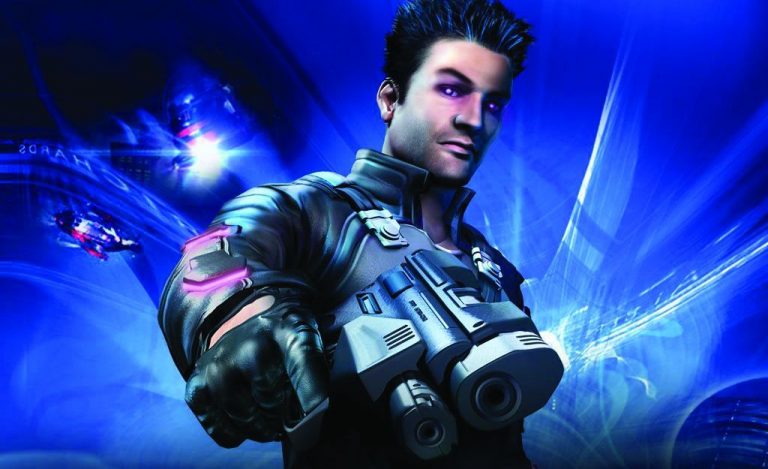Despite passing through an intense Sonic the Hedgehog phase when I was around nine years old, I wouldn’t say I gotta go particularly fast. Over the ensuing two decades I’ve rarely sought out the classic pastime of accelerating a cartoon mascot to inhumane speeds. I’ve been content leaving platforming to speedrunners, kaizo enthusiasts—really, anyone who doesn’t share my talent for finding the exact trajectory the player shouldn’t travel. But thanks to how good the yo-yo parkour in Penny’s Big Breakaway feels, I’m rediscovering the long-neglected platformer who lives in my heart.
And frequently sending him into a pit. It’s fine.
Considering indie developer Evening Star’s roster of former Sonic Mania devs, it’s no surprise that Penny’s Big Breakaway is a showcase of platforming design talent. It was obvious as soon as I saw the traversal abilities of Penny’s magic, living Yo-Yo, and how they form a toolkit for stringing together high-speed acrobatics across the game’s sugary, fluorescent landscapes.
Using its default, developer-encouraged gamepad control scheme, Penny’s Big Breakaway is a twin-stick platformer: Jumping is on either shoulder button, the left analog stick moves Penny, and the right stick deploys Yo-Yo. Holding the right stick in a direction throws out Yo-Yo and sleeps it in place. Sleeping Yo-Yo in midair makes it an anchor for Penny to swing with its string like Spider-Man. Double-tapping the right stick, meanwhile, throws Yo-Yo and pulls Penny to it, launching her in that direction.
A couple more pieces complete Penny’s platforming puzzle. Hitting jump in midair will backflip Penny to extend her airtime and, if necessary, cancel out or redirect her lateral momentum. From any of Yo-Yo’s right stick maneuvers, hitting one of the triggers will transfer into a Radial Ride, where Penny drops Yo-Yo to the ground and rides on its axle for as long as her momentum lasts. Crucially, the Radial Ride lets me combo into my next string of Yo-Yo tricks, acting like a Tony Hawk-style manual to weave together inputs in an unbroken sequence.
Penny can only perform each of those platforming stunts once in a single jump. Put together, those pieces turn the game into a juggling act of maintaining Penny’s speed through the rhythm of Yo-Yo swings and launches, mixing in tactical backflips and Radial Rides to extend combos and avoid environmental hazards. Oh, and to avoid the ceaseless imperial penguin legions pursuing Penny, who’s recently become an enemy of the state after disrobing the emperor at his yearly gala. It’s a whole thing.
It took me a couple worlds’ worth of levels to learn the routine, but pulling it off feels good. Each area has its own gimmick, and there’s a strong satisfaction when I’m able to mold my platforming combo line on the fly to accommodate whatever new molten pool or water spout Penny’s run into. I hardly ever finish a stage in a game and immediately replay it, but I was regularly hitting the retry button just to take another crack at a sequence I was sure I could execute more cleanly.
When I’m firing on all cylinders, Penny’s Big Breakaway nails that sweet spot of feeling effortless without feeling easy.
It didn’t always go that well, but most of my struggles were self-inflicted. Clever readers may have noticed a subtle implication that I suck at doing jumping good. Even now I’m in a continuing battle with Penny’s backflip. At first blush it feels like a double jump (on account of it being something I do by jumping twice), but crucially it doesn’t gain her any appreciable height. It’s a tool best saved for recovering from an iffy trajectory. Unfortunately for Penny, the muscle memory I’ve reinforced from years spent impulsively spamming double jumps has meant I’ve already burned the backflip by the time I’d actually need it. Though it’s been difficult for me to accept, pushing buttons as fast as possible doesn’t necessarily translate into going faster.
(Image credit: Evening Star)
(Image credit: Evening Star)
(Image credit: Evening Star)
(Image credit: Evening Star)
(Image credit: Evening Star)
(Image credit: Evening Star)
(Image credit: Evening Star)
(Image credit: Evening Star)
(Image credit: Evening Star)
(Image credit: Evening Star)
(Image credit: Evening Star)
(Image credit: Evening Star)
(Image credit: Evening Star)
(Image credit: Evening Star)
While I’m happy to blame myself for plenty of frustrations, I do have to chalk some up to the game itself. There are blemishes to be polished away before the game’s release sometime this year, like the occasional stray, invisible bits of level geometry that interrupt my traversal combos and bring Penny to a sudden screeching halt.
Other annoyances, like the side objectives and collectibles scattered throughout the stages, I’ll probably have to continue gritting my teeth over. Each level has three “dilemma” encounters: NPCs somewhere along the way that have a short task for Penny to accomplish. A construction foreman might have Penny carry an alarm clock over to wake a worker who’s sleeping on shift; a husband might ask her to collect five flower bouquets within a time limit, because his anniversary is in literally 20 seconds. Most I was happy to bang out, but others were a pain—specifically ones that required resetting a checkpoint to retry, rather than just walking back to the starting point.
I’ve reached a point where I’m willing to skip over NPC dilemmas that I don’t one-shot because it doesn’t cost me anything except some points off my score at the end of a stage. Harder for me to stomach are the three coins also hidden in corners and side paths of every level. Nothing wounds a man’s ego like reaching the end of a stage after some truly immaculate yo-yo work only to realize he missed a special collectible coin in the process.
While I’d love to ignore missed coin connections and move on with my life, I need them to unlock “StarGlobes”: bite-sized bonus levels that feel like spiritual successors to the special stages in Super Mario Sunshine. Tragically, unlike Sunshine’s special stages—which felt like being psychically assailed by a Gamecube—the StarGlobe levels are sick and I must play them all. In a game where constant movement and forward momentum bring so much joy, I’m left having to slam the brakes to investigate a potential coin zone a bit too often.
Penny’s Big Breakaway has a consolation prize, though. After completing a level in story mode, it’s waiting for me in Time Attack, which I’m looking forward to inevitably seeing at a GDQ in the future. There, every needy NPC and errant coin is banished from reality. It’s just me, my buddy Yo-Yo, and however many warm-ups I need to stop backflipping to my death.



